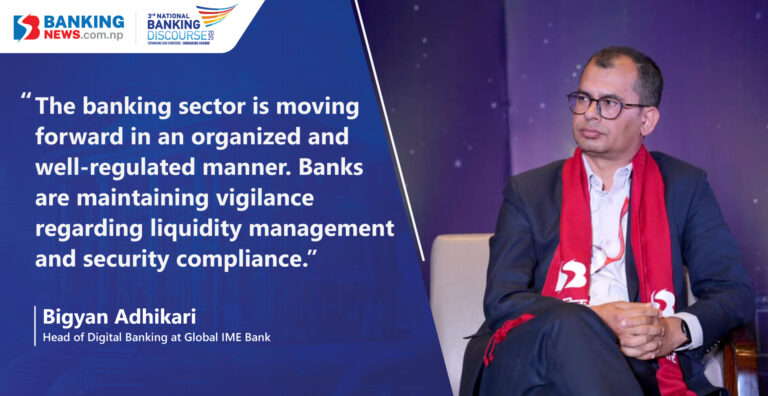Kathmandu – Digital banking, neo banking, and open banking have become integral components of the banking and financial sector. Today, customers can update KYC and even apply for loans via mobile platforms. Banks are also now able to issue credit cards and virtual e-cards digitally. In this context, the government’s financial policy has introduced the concept of neo banking, which is a welcome step. The Nepal Rastra Bank is expected to formulate detailed policies to support this initiative. Moreover, banks and financial institutions are actively collaborating with fintech companies to foster innovation.

Nepal’s banking sector has undergone significant transformation. Reflecting on the past, in 2019, a Digital Framework was introduced, incorporating more than 80 action points across eight key areas. One notable milestone was the integration of the national identity card, which now includes data for 17 million individuals. This shows that successful policy implementation is key to achieving impactful results.
In today’s environment, the banking sector is moving forward in an organized and well-regulated manner. Banks are maintaining vigilance regarding liquidity management and security compliance. As for neo banking, it is essential to ensure clarity on operational procedures. The policies surrounding the implementation of neo banking should be designed in a way that ensures inclusivity and accessibility for all segments of society.
This article is based on the insights shared by Mr. Bigyan Adhikari, Head of Digital Banking at Global IME Bank, during the third session of the Third Banking Discourse 2025, titled “Open Banking and Fintech: Collaboration, Competition, and the Regulatory Vision for Neo Banking in Nepal.”



 About Us
About Us
Comment